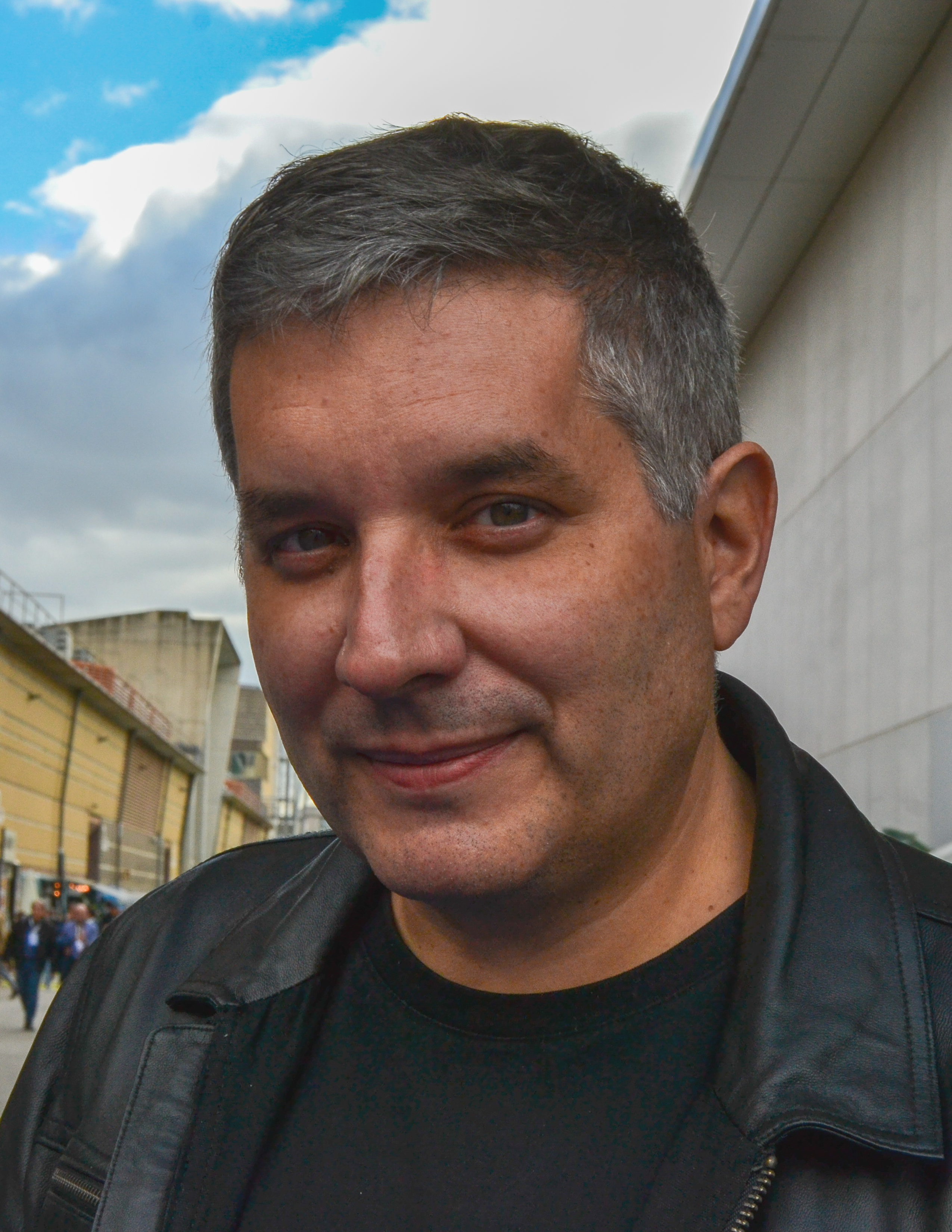Portland Water Trouble
Due to a faulty computerized billing system, bills aren’t going out to water customers in Portland, Oregon. The city water bureau estimates it is losing a little over $13,000 a day as they struggle to fix a computer system that has been broken since it was turned on in February 2000.
As complaints about the bureau and its chairman, Erik Sten, pile up, a group of Linux gurus think they can solve the problem. But city hall–through no fault of its own, Sten says–has its hands tied.
“We need to get this thing functioning [in its current state] to stay in business”, Sten said. And that’s just what he and the system’s creator, UK-based Severn Trent Systems, are trying to do: get the thing running.
Portland’s problem is a common one, and tax collection agencies and municipal utilities across the nation face a dilemma. Municipal governments are often some of the most arcane institutions in the land, full of strange rules and convoluted business processes. That kind of complexity requires a powerful, robust system with almost zero downtime, so that bills fly out the front door every month on time, without exception.
But that kind of precision costs money, and cities with miniscule technology budgets often have to take bargain basement solutions that may be untested in the field, leading to unhappy customers and ultimately, as shown by Portland’s example, even less revenue.
Corporations like state and local government consulting giants American Management Systems, Inc. are currently facing lawsuits from municipalities who are unhappy with system installations. But some tech- savvy Portland citizens see a solution. By using open-source techniques and free software, said Al Hooton, a programmer and member of the Portland Linux User’s Group (PLUG), “the city can realize some real nice long-term benefits”.
PLUG, an informal group of Linux and open-source software fans, sent an e-mail to Sten proposing a novel solution to the city’s problems. PLUG wanted to use open-source techniques to fix the billing system. Using free software like Linux, as well as their own expertise, they would produce a system that fits the city perfectly. After the system is installed, they would then pitch the software to other cities, collecting money for installation and customization, but not software licenses.
This is a radical departure from traditional software contracts. Usually, the system’s creator keeps what Hooton calls the “secret sauce”. “There’s a lot of unhappy rumbling”, he said. “This doesn’t have to be a multiyear, multimillion dollar project.”
One member of PLUG, Karl Hegbloom, equates the open-source philosophy with the idea of an open society where members share information with each other, working together to solve big problems. The benefits are clear.
“This reduces duplication of effort immensely. Development proceeds more quickly”, he said. “The resulting software stands a very good chance of being superior to what any single group could have done alone.”
Their proposed project is a general-purpose municipal billing system. Once other cities start using the system, Hegbloom said, they would pay the initial creator, in this case Portland, a portion of their billing revenue to cover the original creation costs.
“The current system is broken and paying more money to the provider of this system is not a good use of taxpayer money”, said Hooton. “It would be better to spend the money on something the city can reuse intelligently.”
Sten, on the other hand, is looking at the problem from the inside.
“It’s a slow process to change out a system”, he said. He is working closely with Severn Trent Systems to finish the current system and start collecting the water revenue owed the city. “It’s my opinion you can’t make a truly rational decision until this thing plays out a few steps.”
Overall, however, Sten is intrigued. When he received an e-mail from PLUG, he forwarded it to his technical staff with a note to look into the proposed option the next time around.
Although many would equate PLUG’s proposal to a group of amateur engineers offering to build Portland a cross-town expressway, many open-source systems are already up to the task. GNUe, a large program designed to handle enterprise tasks like payroll and customer relationship management (CRM), could be used to fill the holes in the current system and become the backbone for a new one.
While Sten was interested in replacing the system, he’s hesitant. “I don’t want Portland to be the guinea pig for this thing. But in the long-term, who knows?”
John D. Biggs is a writer and consultant in Brooklyn, New York.
email: jdb252@nyu.edu


